Posted: 30/10/17
Apprenticeship reform under the spotlight
Employers hold the key to tackling the nation’s skills shortages – and recruiting more apprentices is a major part of the solution.
-
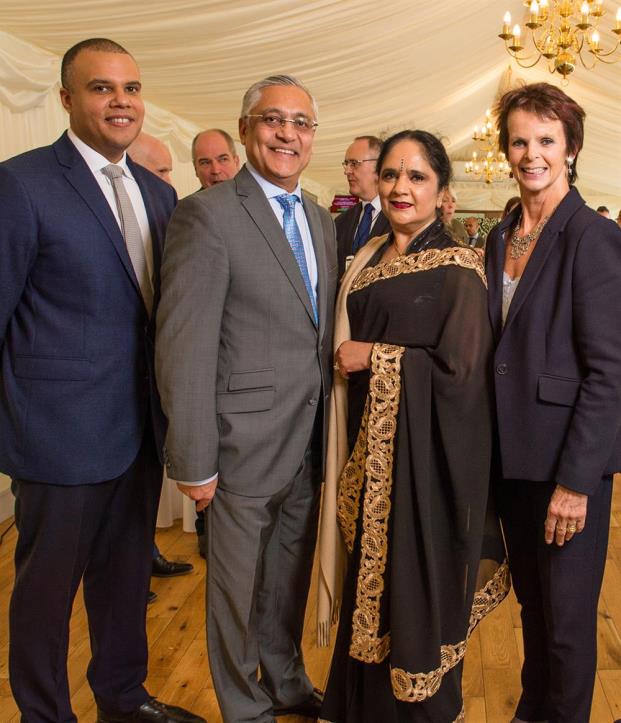
Pictured at the event are (from left) Wayne Clarke, Lord Patel of Bradford, Dame Asha Khemka, and Anne Milton MP.
-
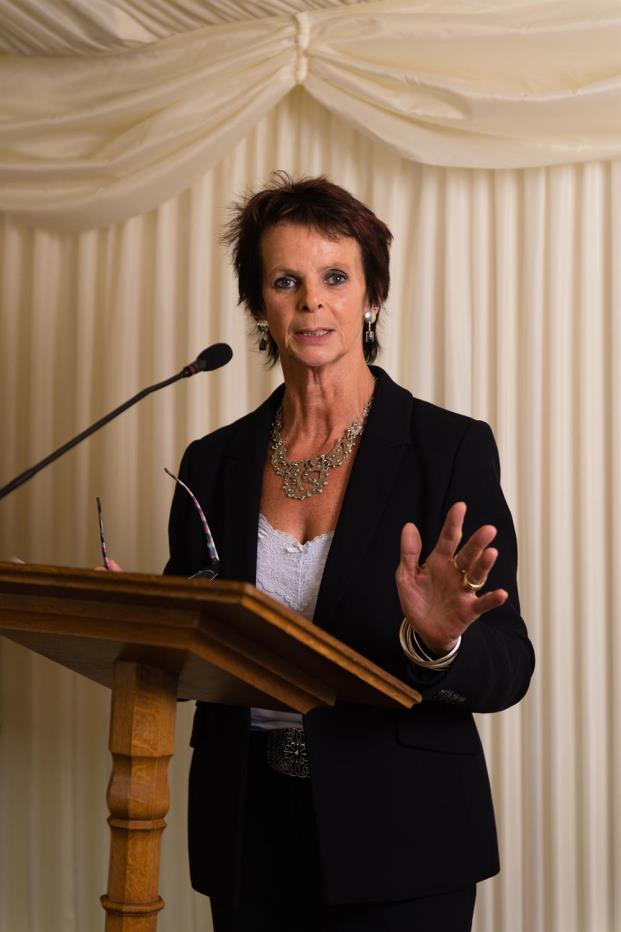
“Employers are the way that we increase the skills in this country,” - Apprenticeships and Skills Minister Anne Milton MP.
-
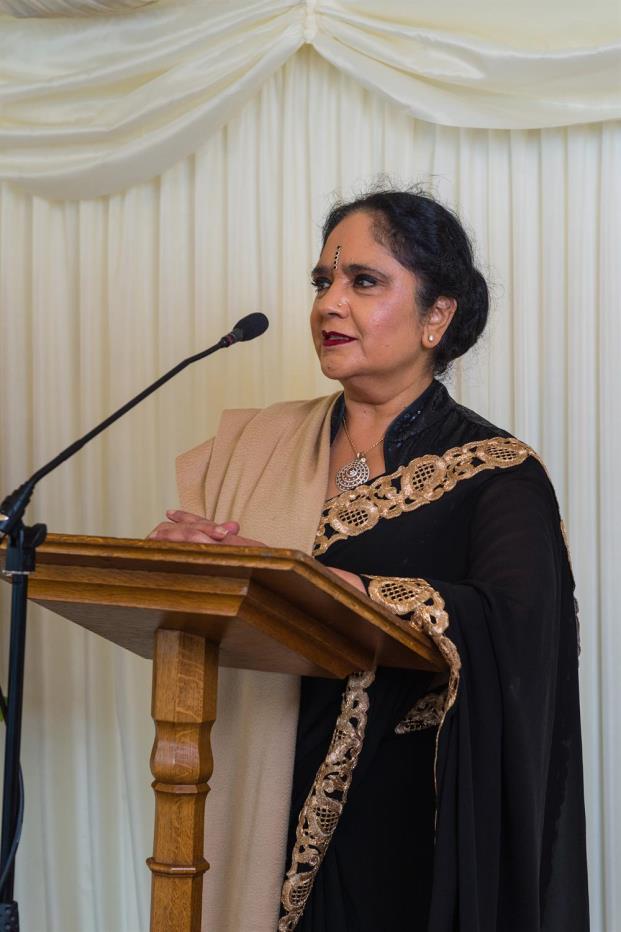
"This is a once-in-a-lifetime opportunity...we have to work together,” - Dame Asha Khemka.
-
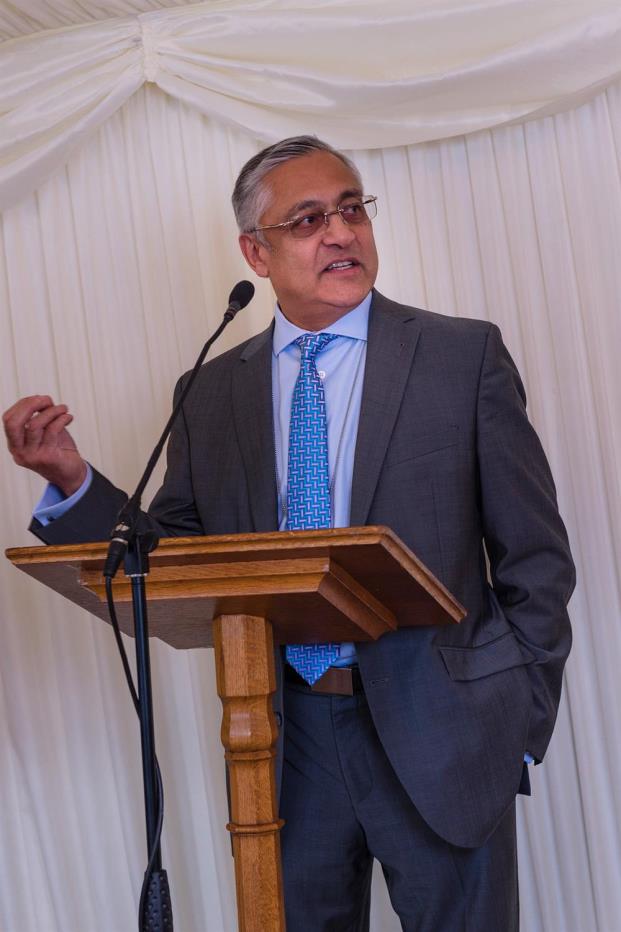
“This is the future of the UK,” - Lord Patel of Bradford OBE.
-
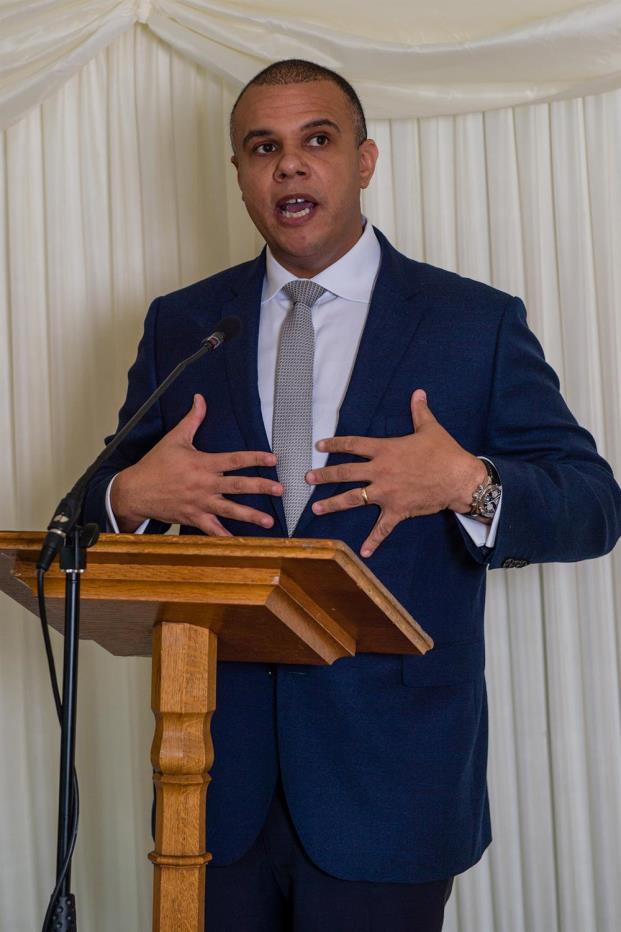
“We want world-class managers to build those world-class apprenticeships," - Wayne Clarke of GGI.
-
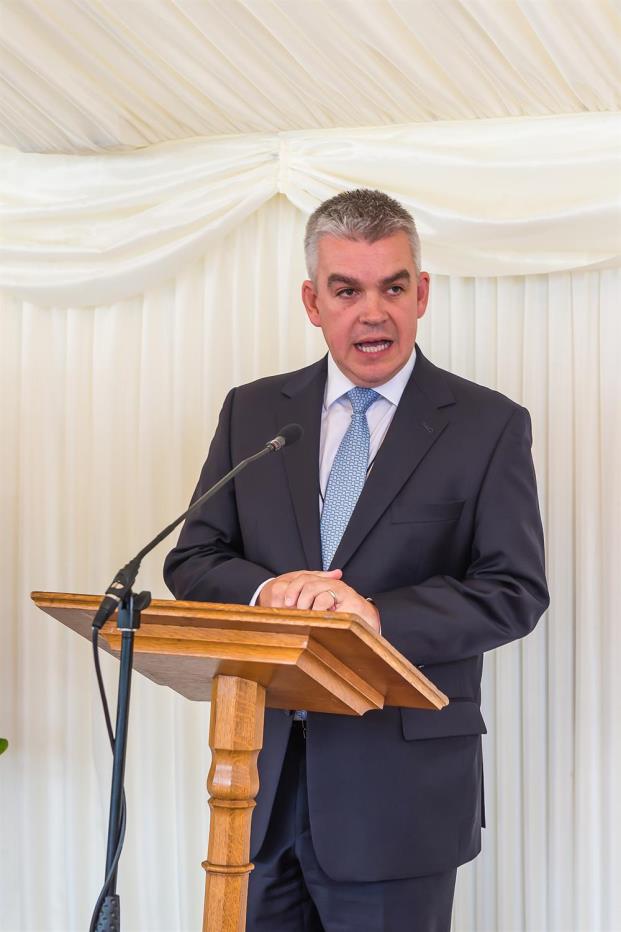
“Apprenticeships play a key role in our recruitment strategy," - James Cliffe of HSBC UK.
-

The event was attended by more than 100 people including CEOs and HR directors from some of the country’s largest employers.
-
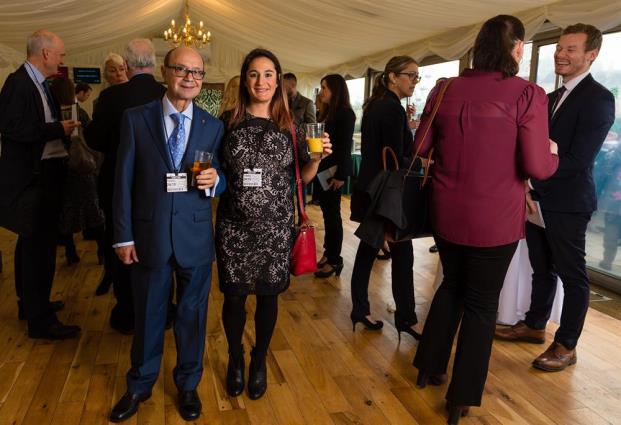
Employers in attendance included Toni&Guy's co-founder and chief executive Toni Mascolo OBE and executive PA Michelle Dersookiasian.
-
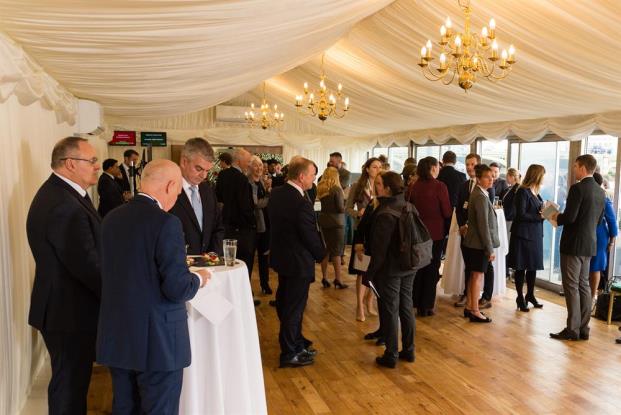
The House of Commons' Terrace Pavilion was the prestigious setting for the high-profile event.
-
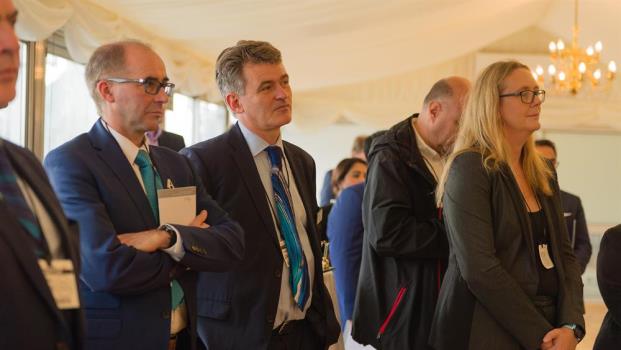
Attendees heard from expert speakers from the worlds of government, education and skills, and UK plc.
-
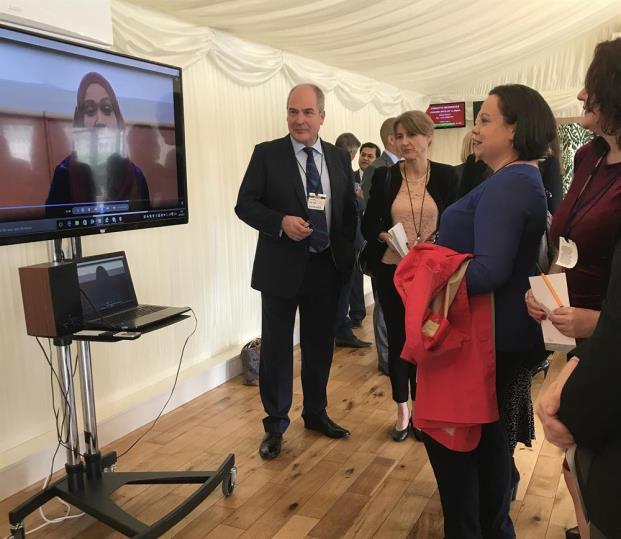
Delegates viewed a video produced by some of the college's film and TV students about how it is supporting Tower Hamlets Council with its apprenticeship programmme.
That was the message from Apprenticeships and Skills Minister The Rt Hon Anne Milton MP at a House of Commons event held to mark the first six months of apprenticeship reform.
Staged by West Nottinghamshire College Group and the Global Growth Institute (GGI), ‘Apprenticeship Reform: Six Months On’ reviewed the impact of the government’s far-reaching changes to the way apprenticeships have been funded and delivered since April this year.
The high-profile event – hosted by Professor Lord Patel of Bradford OBE on Tuesday 24 October – brought together senior government figures, policy-makers, representatives from the education and skills sector, and chief executives and human resources directors from some of the country’s largest employers including KPMG, Gala Leisure, Grant Thornton, Legal and General, BBC, Ask Italian, Topps Tiles, Toni&Guy, Domestic and General, Bloomberg London, McCain Foods, and Monsoon Accessorize.
Held in the historic building’s Terrace Pavilion and attended by more than 100 people, it looked at the effectiveness of the apprenticeship levy for employers with an annual pay bill of more than £3million – which will help fund an additional three million apprentices by 2020 – and explained how apprenticeships can help businesses meet challenges around workforce planning and skills gaps.
Guests heard from business leaders about how they are using the levy to develop their workforce, and learned about opportunities to embed apprenticeships within their employee development programmes.
In her keynote speech, Ms Milton said businesses must be at the forefront of up-skilling the nation’s workforce, saying: “Employers are the way that we increase the skills in this country – the solution to this lies in your hands.”
Referring to the apprenticeship reforms, Ms Milton said: “The feedback I’ve had from businesses, training-providers and apprentices is that we’re going in the right direction,” although she acknowledged the need for “some flexibility in the system.”
She continued: “The government needs to give you the support it can; we need to make sure we keep listening to you. But it’s about employers standing up and saying ‘we are going to take this on, and we are going to do our bit to make sure that our company, our profession, our trade, has got the skills that we need.’”
In his earlier welcome address, Lord Patel insisted that skills and technical development was “one area everybody is committed to” across all political parties, adding: “This is the future of the UK in terms of ensuring that people get into work, and that they are work-ready.”
Dame Asha Khemka, principal and chief executive of West Nottinghamshire College Group, and a board member of the recently-created Institute for Apprenticeships, described the drive to create millions more apprentices and increase vocational skills as “a momentous time in the history of our nation.”
But she insisted quicker progress was needed, saying: “Six months on, we are still finding on a daily basis there are severe skill shortages. And not just in those sectors where we have heard these things before, like engineering, manufacturing, the STEM-related sectors, but the SMEs are saying similar things.
"One-third of SMEs are reporting that they are having difficulty recruiting the right people with the right skills. The apprenticeship scheme is the tool to address some of those issues.
“We need to ensure that we work together to understand what’s getting in the way, what’s not happening and play our part in that…because it is everybody’s responsibility. Let’s make a commitment today – and that commitment is: together, we must deliver this vision. This is a once-in-a-lifetime opportunity. Government alone cannot deliver all of this – we have to work together.”
James Cliffe, head of business banking at HSBC UK, which has more than 900 commercial customers across the UK, gave an employer’s perspective of the benefits that apprenticeships bring. Since launching its apprenticeship scheme in 2011 – the first of its kind by a major UK bank – almost 900 HSBC staff have completed the programme, with 350 currently on an apprenticeship.
He said: “Apprenticeships play a key role in our recruitment strategy and provide people who may not have gone to university with another route into a challenging and rewarding career in our industry.
“Two years after they have completed the programme, our apprentices feel they’ve got a real career path within our organisation. We are expecting 500 new starts on the programme each year going forward, and we’ve got some wonderful apprentices in our business.”
Wayne Clarke, founding partner of the GGI, which has worked with more than 600 organisations across all major industries in 32 countries to achieve growth and high performance, said: “We want world-class managers to build those world-class apprenticeships, because it is the culture they create and the experience at work that helps to make sure that people are ultimately going to be productive.”